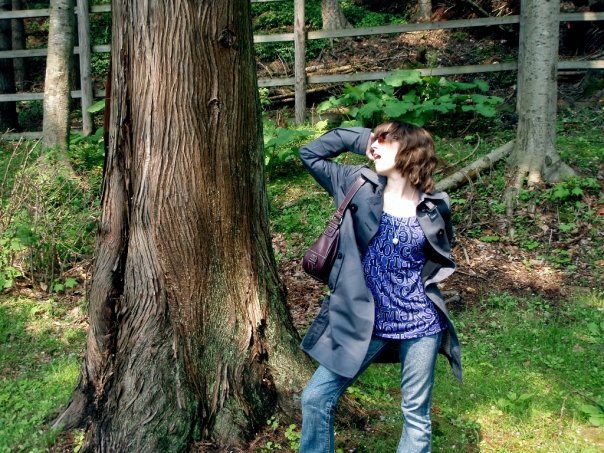I've been reading Half the Sky for a couple of days now and it's hard to put down. I'm actually going to be pretty mad when I finish it.
The piece I like to use to summarize the subject of the book is this: 107 million females are missing.
"[In] normal circumstances women live longer than men, and so there are more females than males in much of the world. Even poor regions like most of Latin America and much of Africa have more females than males. Yet in places where girls have a deeply unequal status, they vanish. ... This has nothing to do with biology ... Every year, at least another 2 million girls worldwide disappear because of gender discrimination. In the wealthy countries of the West, discrimination is usually a matter of unequal pay or underfunded sports teams or unwanted touching from a boss. In contrast, in much of the world discrimination is lethal."
What I love about this book is that it's not preachy. It's not a sermon, it's not trying to tell you what you should do or tell you what the solutions are. It acknowledges that this is a multifaceted issue and that there is no obvious fix. Kristof and WuDunn (New York Times reporters who famously witnessed and reported on the Tienanmen Square massacre) are not interested in making us feel guilt or sympathy, nor do they attempt to fabricate some kind of idyllic future that's only a bit of volunteer work or a small donation away. They give you the stories objectively, explaining proposed courses of action and weighing the pros and cons of each. Ultimately the fact that weighs on you is not the atrocities suffered by the women they interview but the knowledge that, even with everything done right, this will continue for a long while before it can even possibly be resolved.
The stories are not usually tragedies. Despite the kinds of horrors some of these women have been through, they are not ruined. For the most part they do not break and they are not afraid. They are constantly fighting back and, sometimes, they triumph against those who would force them to suffer in silence. I don't finish a chapter feeling upset or angry but rather hopeful and inspired. If Mukhtar Mai can outlast the government that tried to lock her away, if Usha Narayane and the women in her town can take down a brutal gangster when their government would not, if Meena Hasina can lead a raid on a gangster's home to get her children back, these are not tragedies. They are a window of the kind of justice that will continue to develop if we support it.
The key is not just humanitarian aid; It is also political pressure. No society will change of its own volition without pressure, both internal and external. With increasing internal support for women from aid organizations the remaining piece is for us in the West to demand certain changes. Action will only be taken if we insist on results, not just legislation. Policy change is largely irrelevant because there is little influence of the law in the rural areas in which most of the brutality takes place. No government wants to be shamed on a global scale.
I guess the important thing is that change is already happening, and hopefully with the support of people like you and I it can continue to happen. There are girls out there right now that are fierce and resilient but they can't do it alone. Not all issues will be resolved, of course, but for every small step there is at least one more woman who will be safe. And if that seems insignificant, remember-- you are just one person, too.
Saturday, October 3, 2009
Women hold up half the sky
Posted by Blossom at 8:20 AM
Tags: book, no really that's not funny blossom, plans, shameless promotion
Subscribe to:
Post Comments (Atom)

0 kokua:
Post a Comment